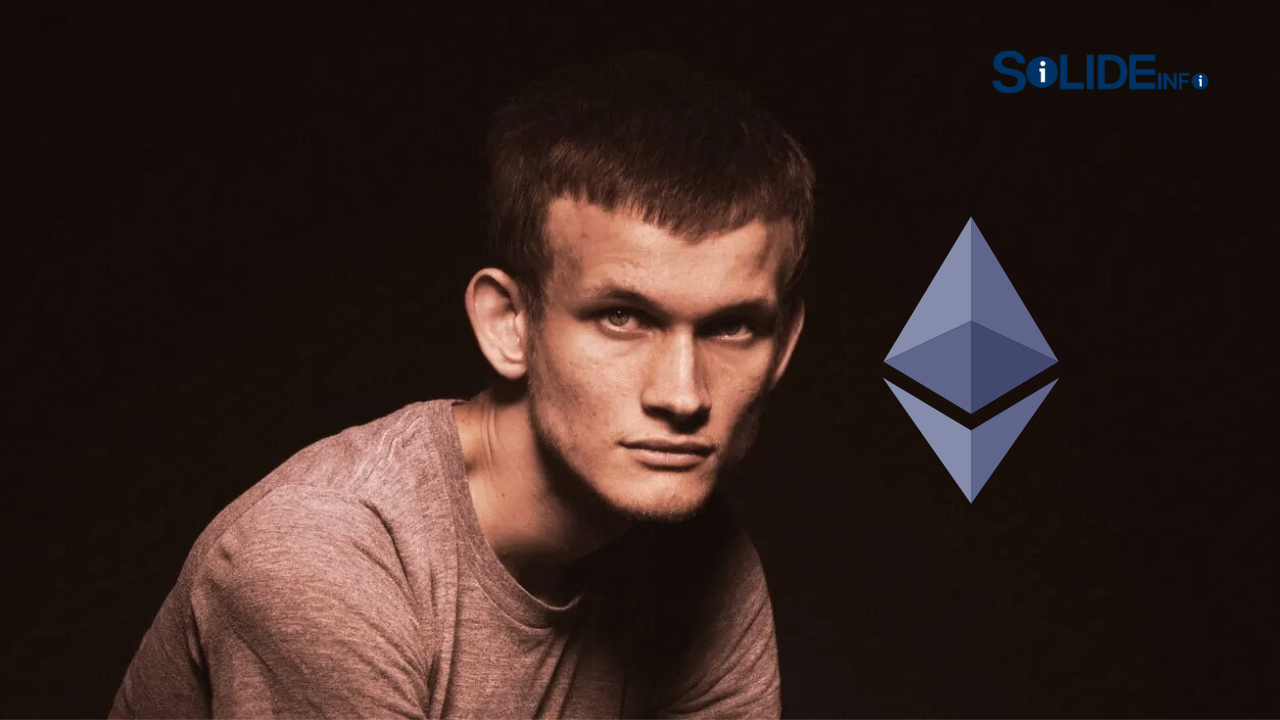In the rapidly evolving landscape of the internet, few names carry as much weight as Vitalik Buterin when discussing the future of decentralized technology. As the co-founder of Ethereum, the groundbreaking blockchain platform powering a vast ecosystem of decentralized applications (dApps), smart contracts, and innovative financial tools like DeFi and NFTs, Buterin has become synonymous with the principles driving web3.0. His unique blend of deep technical expertise in cryptography, game theory, and economics, combined with a visionary commitment to creating a more open, transparent, and user-controlled internet, positions him as a pivotal architect of the next generation of online interaction. While the crypto space often buzzes with speculation, Butrein stands out for his thoughtful, pragmatic approach to solving complex challenges around scalability, security, and accessibility, continuously pushing the boundaries of what decentralized technology can achieve.
The Ethereum Foundation: Building the Bedrock of Web3.0
When Vitalik Buterin conceived Ethereum and introduced its whitepaper in late 2013, he wasn’t merely proposing another cryptocurrency; he envisioned an entirely new infrastructure for the internet. Launched in 2015, Ethereum introduced the world to the revolutionary concept of the smart contract – self-executing agreements written in code that run on a decentralized blockchain. This innovation transformed blockchain technology from a simple ledger for digital currency transactions into a global, accessible supercomputer capable of hosting complex applications without central intermediaries. It became the fertile ground upon which the vibrant, diverse ecosystems of decentralized finance (DeFi), non-fungible tokens (NFTs), decentralized autonomous organizations (DAOs), and countless other dApps were built. This foundational infrastructure, meticulously designed with decentralization and permissionless access at its core, directly embodies Buterin’s vision for web3.0 – an internet where users reclaim ownership of their data, assets, and digital identities. Understanding the underlying technology powering these platforms is crucial for navigating this new landscape, as Ethereum continues to serve as the backbone for innovation in the space.
Championing Decentralization, Pragmatism, and Responsible Innovation
Beyond the codebase, Vitalik Buterin’s influence permeates the ethical and practical discourse surrounding web3.0. He is a staunch and vocal advocate for the core tenets of decentralization, constantly reminding the community that the true value of blockchain lies in resisting censorship, reducing centralized points of failure, and empowering individual users over corporations or governments. This advocacy isn’t merely ideological; it’s coupled with a deep pragmatism. Buterin has frequently emphasized the critical need for enhanced scalability to handle mass adoption – leading initiatives like the transition to Ethereum 2.0 and its Proof-of-Stake consensus mechanism. He champions protocol simplicity to improve security and reduce risks, a stance that underscores the vital importance of robust cybersecurity practices across the entire web3.0 stack. Furthermore, Buterin actively engages in public debates, writings (like his popular blog posts and forum contributions), and social media, thoughtfully discussing complex topics like regulation, societal impact, and the potential environmental consequences of blockchain systems. His calls for mature governance models and socially beneficial applications highlight a commitment to responsible development, encouraging builders to focus on solving real-world problems and creating tangible utility rather than hype. This balanced perspective, mindful of both technical limitations and potential societal impacts, shapes the ethos of the web3.0 movement.
A Lasting Legacy of Open-Source Vision and Adaptable Leadership
Vitalik Buterin’s ongoing role as a thought leader and active contributor ensures his impact on the web3.0 landscape remains dynamic and profound. Unlike many founders who step back after initial success, Buterin remains deeply involved in Ethereum’s technical roadmap, contributing to research and development focused on solving persistent challenges like scalability (through Layer 2 solutions like rollups) and transaction costs. His influence extends far beyond Ethereum, as his commentary and analyses on economics, cryptoeconomics, and technological trends significantly shape community sentiment and developer focus across the broader crypto ecosystem. His commitment to open-source principles, ensuring transparency and collaboration in Ethereum’s development, remains a cornerstone of his leadership and a model for the web3.0 ethos. As emerging technologies evolve and regulatory landscapes shift, organizations like CISA and IBM Security emphasize the need for security-by-design, a principle Butrein intrinsically champions through his focus on robust, verifiable protocols. As web3.0 navigates its path towards mainstream relevance, Vitalik Buterin’s unique blend of technical genius, philosophical conviction, ethical foresight, and adaptable approach will continue to be indispensable in guiding a future where decentralization empowers individuals and fosters a fairer, more resilient digital economy.



